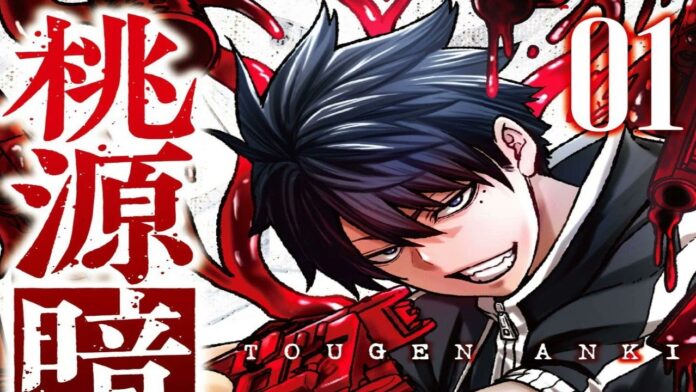Tougen Anki, a traditional Japanese martial art, embodies the elegance and discipline of swordsmanship. Rooted in the ancient samurai culture, this art has been passed down through generations, preserving its essence and techniques. In this article, we will explore the world of Tougens Anki, its history, principles, training methods, and cultural significance.
The Origins of Tougen Anki
Tougen Anki originates in feudal Japan, where samurai warriors regarded the sword as an extension of their soul. During this period, the foundations of various martial arts, including Tougens Anki, were established. Originally developed as a means of self-defense and battlefield combat, this art gradually evolved into a discipline that encompasses physical prowess and spiritual and mental growth.
Understanding the Philosophy
Central to Tougen Anki is the philosophy of respect, discipline, and honor. Practitioners of this art are taught to revere their swords as sacred objects and to view their training as a path to self-discovery and self-improvement. The emphasis on humility and respect for opponents fosters mutual growth and understanding rather than aggression and hostility.
Training in Tougen Anki
Mastering Tougen Anki requires dedication, patience, and a willingness to embrace traditional teachings. Students begin their journey by learning how to hold and wield the katana, the iconic Japanese sword. They also study the etiquette and rituals accompanying this art form, emphasizing the importance of mental focus during practice.
Physical training in Tougens Anki involves repetitive movements and katas (forms) that enhance muscle memory, agility, and precision. These katas simulate various combat scenarios, teaching students to respond effectively and instinctively. As students progress, they practice sparring to apply their skills in controlled yet realistic situations.
The Role of Meditation
Meditation is an integral component of Tougen Anki, promoting a calm and focused mind. Students meditate before and after training sessions to clear their thoughts and find inner peace. This mental discipline enhances their performance and enables them to remain composed in challenging situations, both on and off the training ground.
Cultural Significance of Tougen Anki
Tougen Anki is more than just a martial art; it represents a living link to Japan’s rich cultural heritage. The practice of Tougens Anki embodies the values of Bushido, the way of the warrior, emphasizing loyalty, integrity, and moral rectitude. As practitioners immerse themselves in this art, they also gain a deeper appreciation for Japanese history and the samurai’s role in shaping the nation’s past.
Tougen Anki in the Modern World
In contemporary times, Tougens Anki continues to thrive as a respected martial art, attracting practitioners from all walks of life. Beyond physical combat, many individuals are drawn to Tougens Anki for its emphasis on self-discipline, stress relief, and mindfulness. It serves as a form of personal development, aiding individuals in coping with the challenges of the modern world.
Conclusion
Tougen Anki stands as a testament to the enduring legacy of Japanese swordsmanship. Rooted in history and guided by a profound philosophy, this martial art is more than just a set of combat techniques; it is a way of life. Through its practice, individuals learn the art of wielding a sword skillfully and discover a path to self-discovery, respect, and personal growth. Tougen Anki’s profound cultural significance and ability to transcend time make it a cherished treasure of Japan’s martial heritage.
